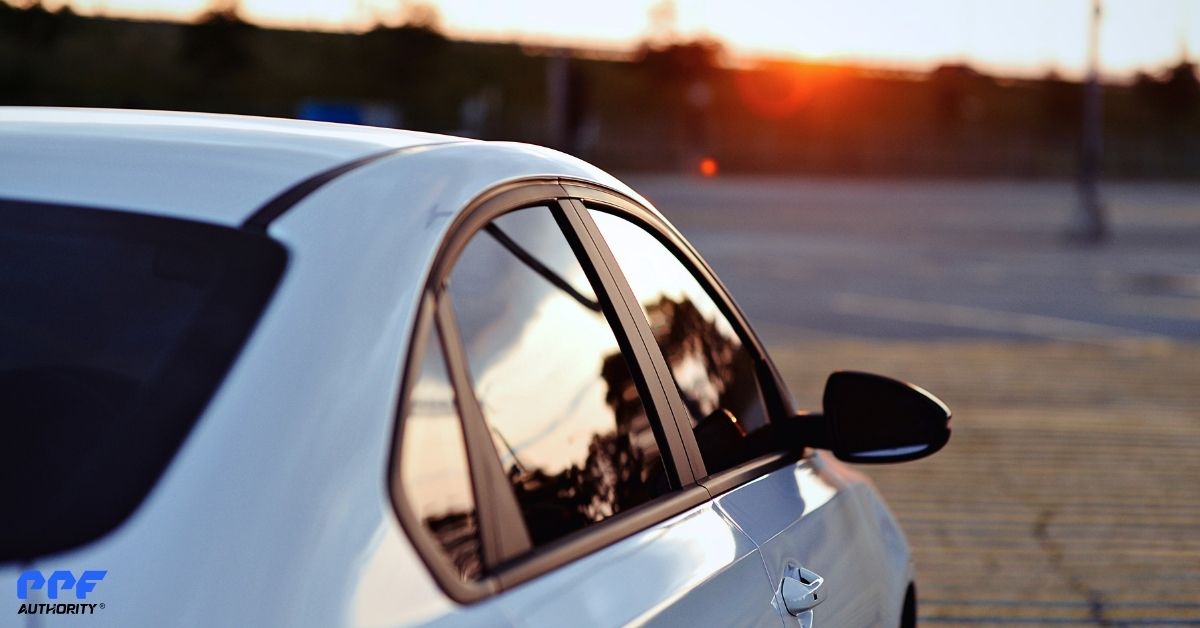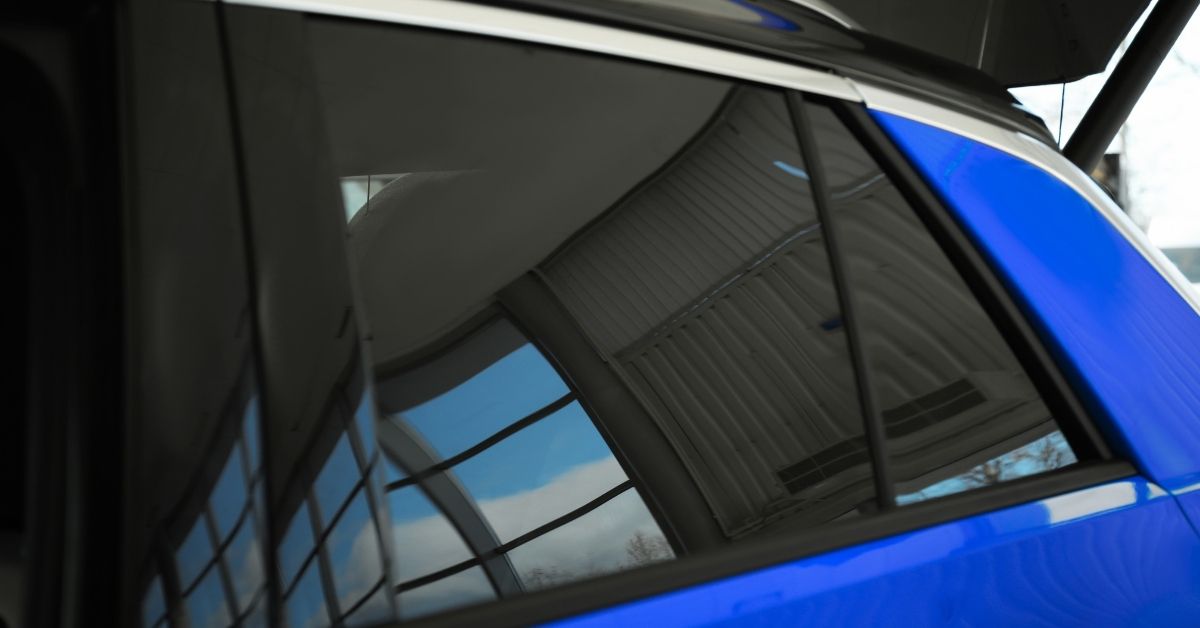Energy efficiency is a top priority for homeowners looking to reduce utility costs and create a more comfortable living space. One of the most effective ways to improve your home’s energy performance is through residential window tinting. By blocking heat, reducing glare, and minimizing UV exposure, window tint can help lower energy consumption and cut down on cooling and heating costs.
In this article, we’ll explore how window tinting helps you save energy, the long-term financial benefits, and why it’s a smart investment for your home.
How Window Tinting Reduces Energy Consumption
☀ Blocks Heat & Reduces Air Conditioning Use
- Standard windows allow heat to pass through, making your home hotter in the summer.
- Window tinting can block up to 85% of solar heat, reducing the need for air conditioning.
- Keeps indoor temperatures consistent, so your cooling system doesn’t have to work overtime.
❄ Helps Retain Heat in the Winter
- In colder months, window films help insulate your home, preventing heat loss through the glass.
- Reduces the need for constant heating, leading to lower winter energy bills.
💰 Reduces HVAC Wear and Tear
- With less demand on your heating and cooling systems, window tinting extends the lifespan of your HVAC unit.
- Lower energy use means fewer repairs and maintenance costs over time.
The Financial Benefits of Energy-Saving Window Tint
- 💰 Lowers Utility Bills – Homeowners can save up to 30% on energy costs by reducing heat gain and loss.
- 💰 Increases Home Value – Energy-efficient features, including window tint, boost property value and appeal.
- 💰 Reduces the Need for Curtains & Blinds – Tinted windows allow you to enjoy natural light without excess heat, eliminating the need for heavy window coverings.
Additional Benefits of Window Tinting
- ✅ UV Protection – Blocks 99% of harmful UV rays, preventing furniture, flooring, and artwork from fading.
- ✅ Glare Reduction – Reduces glare from the sun, making it easier to watch TV and work on screens.
- ✅ Privacy & Security – Reflective and tinted films increase privacy while reinforcing glass strength.
- ✅ Eco-Friendly Solution – Helps homeowners reduce energy waste, lowering their carbon footprint.
Choosing the Right Energy-Efficient Window Tint
| Type of Window Film | Energy-Saving Benefit |
|---|---|
| Solar Control Film | Blocks heat & UV rays for lower cooling costs |
| Low-E Window Film | Provides insulation for year-round energy efficiency |
| Reflective Film | Reduces glare & heat while maintaining visibility |
| Ceramic Window Film | Offers superior heat rejection without darkening windows |
Why Professional Installation Is the Best Choice
While DIY kits are available, professional installation ensures:
✔ Maximum heat and UV blocking capabilities
✔ Bubble-free, long-lasting application
✔ Correct film selection for your home’s climate and needs
Final Thoughts: A Smart Investment for Energy Savings
Residential window tinting is a cost-effective, long-term solution for:
- Reducing energy bills
- Improving comfort
- Protecting your home’s interior
By blocking heat in the summer, insulating in the winter, and reducing overall energy consumption, window tinting helps homeowners save money while creating a more energy-efficient living space.
👉 Ready to lower your energy bills? Contact us today for a free consultation on residential window tinting! 🏡💡

